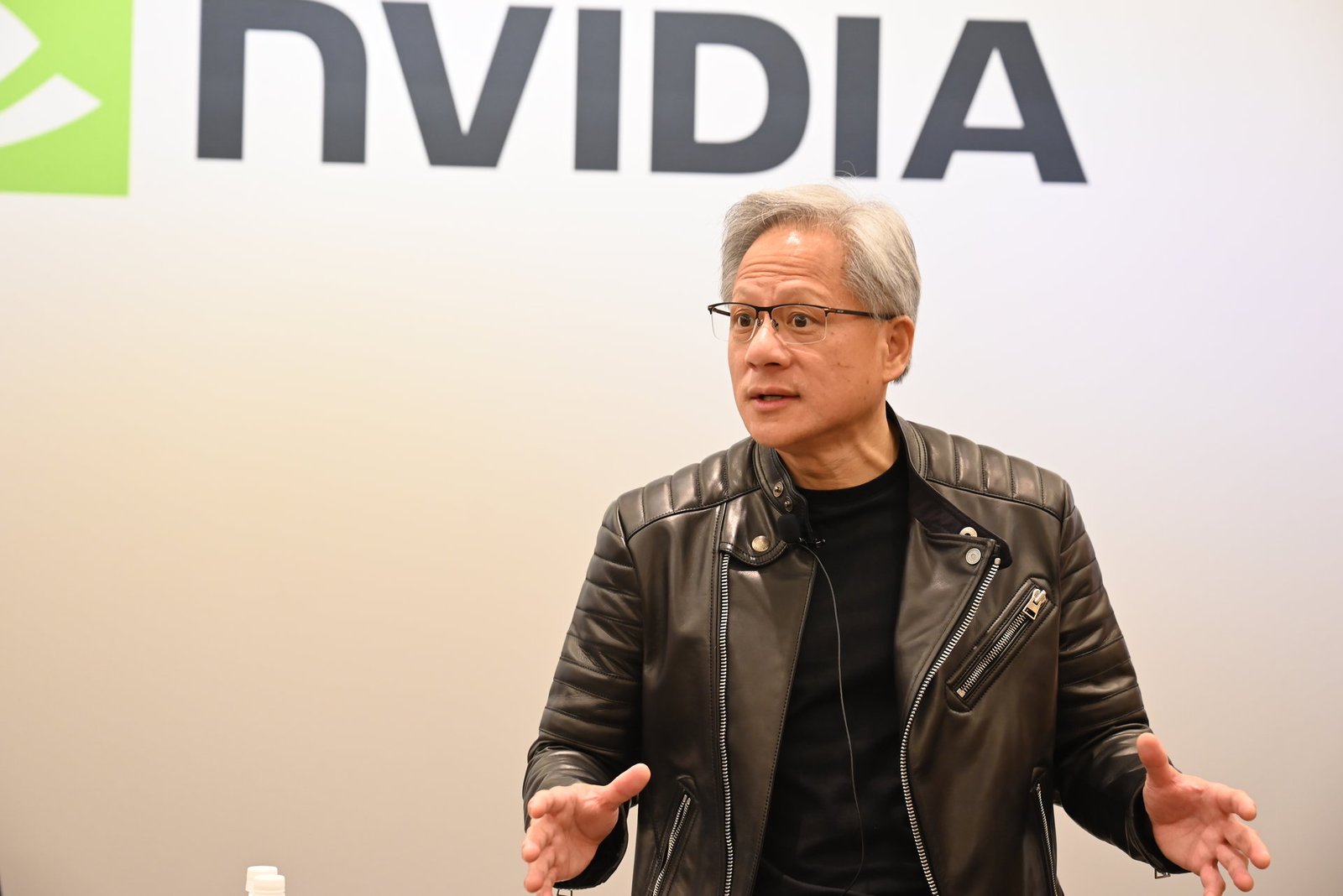In a landscape defined by technological rivalry and geopolitical complexities, ByteDance, the parent company of TikTok, is making headlines once again. The Chinese tech giant reportedly plans to invest $7 billion in Nvidia chips by 2025, according to The Information. This ambitious acquisition comes despite stringent U.S. export restrictions aimed at limiting Chinese companies' access to cutting-edge AI hardware.
Navigating U.S. Restrictions
Since 2022, the United States has imposed a series of export controls on advanced AI chips, particularly targeting China. These restrictions have been tightened repeatedly, reflecting rising tensions between the two global powers. ByteDance, however, appears to have identified a workaround to sidestep these limitations. The company allegedly avoids bringing Nvidia’s advanced chips directly into China, opting instead to store them in data centers located in regions such as Southeast Asia. This approach, while unconventional, remains technically compliant with U.S. regulations.
In a statement provided to TechCrunch, ByteDance clarified its position: “ByteDance has not bought H100s for its data centers outside of the U.S. since the relevant US export control rules took effect.” The company maintains that it adheres to all U.S. restrictions, though its strategic maneuvers highlight the complexities of enforcing such regulations.
Doubao: The AI Powerhouse
ByteDance’s interest in Nvidia chips underscores its commitment to advancing AI technologies. The company’s AI chatbot, Doubao, has quickly risen to prominence, boasting 51 million active users, according to the South China Morning Post. As demand for advanced AI solutions continues to grow, access to powerful hardware like Nvidia’s GPUs becomes increasingly critical.
Implications for the Global Tech Industry
ByteDance’s planned acquisition of Nvidia chips signals significant implications for the global tech landscape. If the deal goes through, the company could emerge as one of the world’s largest owners of Nvidia GPUs. This development would not only bolster ByteDance’s AI capabilities but also further intensify the competition between Chinese and American tech giants.
Meanwhile, the U.S. government faces the challenge of addressing potential loopholes in its export control framework. ByteDance’s strategy highlights the limits of unilateral restrictions in a highly interconnected global market.
.svg)
.svg)

 For Instructor
For Instructor
